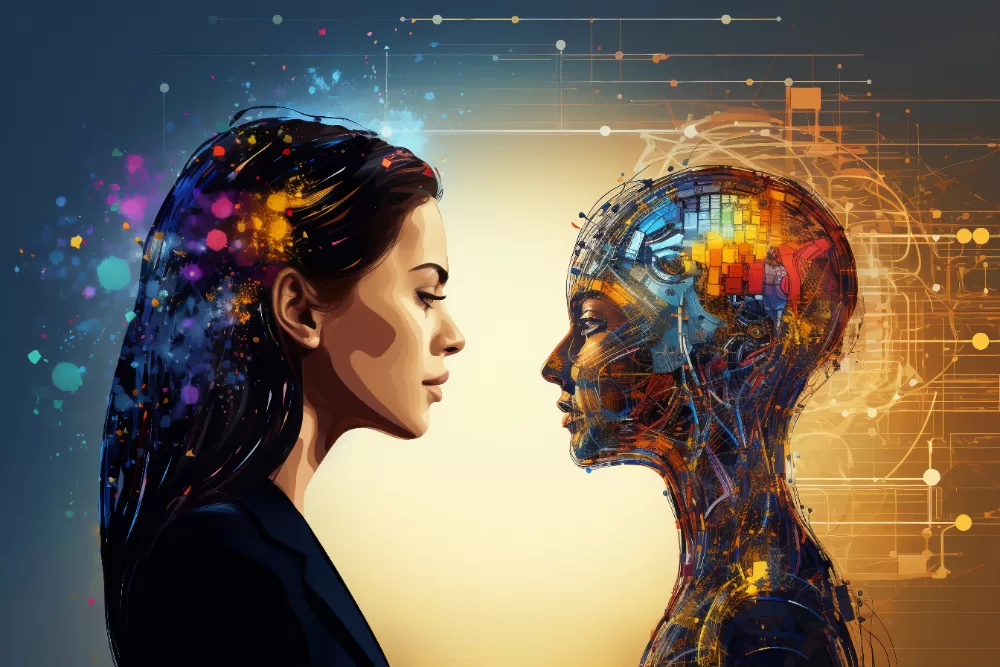The ability to find common ground in today’s increasingly polarized world is more crucial than ever. Researchers are exploring innovative ways to bridge divides, and artificial intelligence (AI) is emerging as a powerful tool in this endeavor. This AI-powered mediation has the potential to revolutionize the way we manage conflicts.
A recent study showcased the “Habermas Machine,” an AI system developed by Google’s DeepMind. Inspired by the work of philosopher Jürgen Habermas, this AI aims to facilitate communication and understanding by generating group statements that reflect both majority and minority viewpoints.
The Habermas Machine draws inspiration from Jürgen Habermas’s theory of communicative action, which posits that genuine understanding and cooperation arise from open and rational dialogue. This philosophical foundation emphasizes the importance of mutual respect, equal participation, and the pursuit of common ground through reasoned argumentation. By embodying these principles, the Habermas Machine aims to foster a more inclusive and equitable space for conflict resolution, where diverse perspectives are valued and integrated into collective decision-making
Key Findings:
- Improved Outcomes: In trials, the Habermas Machine consistently outperformed human mediators, with participants finding its generated statements more logical, informative, and preferable.
- Encouraging Participation: By allowing individuals to express their views privately, the AI system fosters a more inclusive and honest exchange of ideas, mitigating the pressure to conform or “win” an argument.
- Amplifying Minority Voices: A key strength of the Habermas Machine lies in its emphasis on giving weight to dissenting opinions. This ensures that minority viewpoints are not overshadowed by the majority, leading to more equitable and representative outcomes.
Potential Applications:
The Habermas Machine has the potential to revolutionize various aspects of society:
- Policymaking: By providing a platform for diverse public input, the AI can help policymakers better understand public opinion and craft policies that reflect the needs and concerns of all citizens.
- Conflict Resolution: The technology can be applied to mediate conflicts within communities, organizations, and even at the international level, fostering understanding and cooperation.
- Civic Engagement: The Habermas Machine can empower citizens to participate more meaningfully in public discourse, ensuring their voices are heard and considered.
Future Directions:
While the initial findings are promising, ongoing research is crucial to further refine the Habermas Machine and address potential challenges:
- Bias Mitigation: Ensuring the AI system is free from biases and accurately represents the diverse perspectives within a given group is paramount.
- Transparency and Trust: Building public trust in AI-powered mediation requires transparency and explainability of the AI’s decision-making processes.
- Ethical Considerations: Careful consideration of the ethical implications of AI-powered mediation, including issues of privacy, data security, and the potential for manipulation, is essential.
Conclusion:
The Habermas Machine represents a significant step forward in leveraging AI for the betterment of society. By facilitating constructive dialogue and fostering understanding, this technology holds the promise of bridging divides and creating a more harmonious and equitable world.
I can further expand on specific aspects, such as the philosophical underpinnings of the Habermas Machine, the technical details of its implementation, or the broader implications of AI in social and political contexts.



